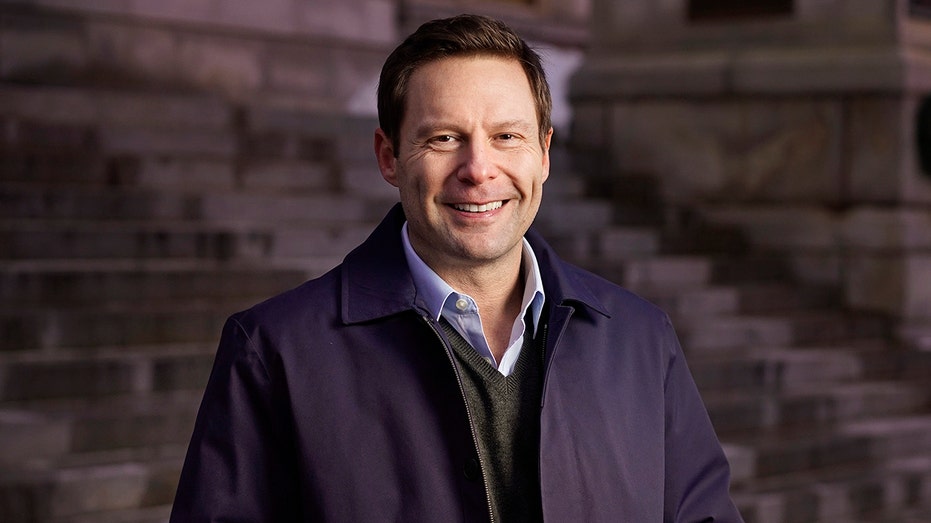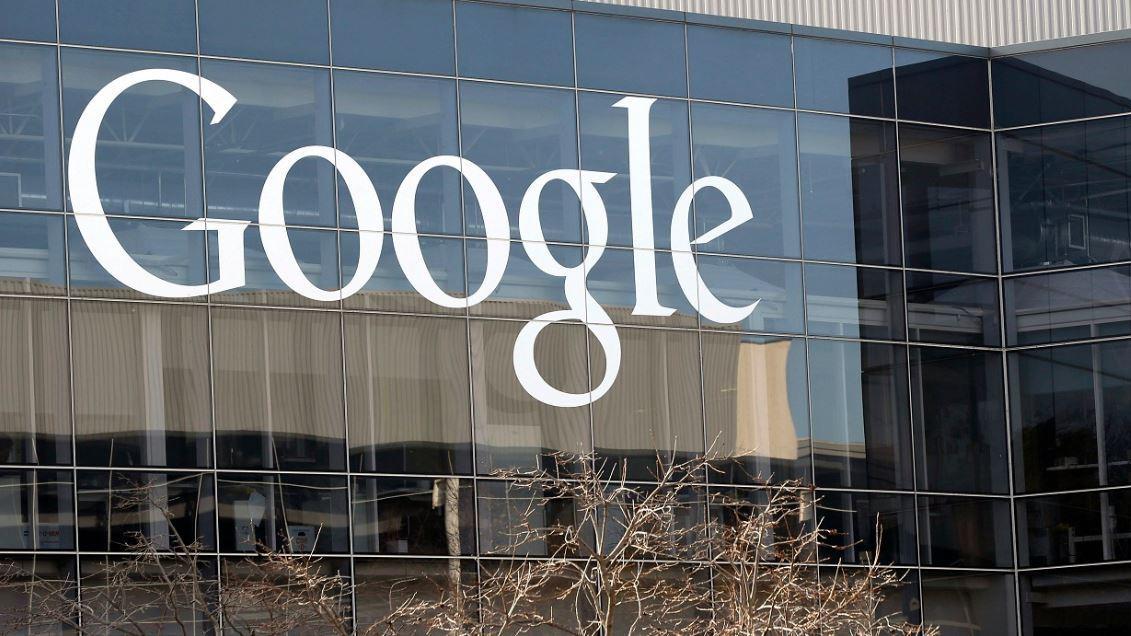Former Google executive Ross LaJeunesse blasts company’s work in China
‘Just when Google needed to double down on a commitment to human rights, it decided to instead chase bigger profits and an even higher stock price’
Former Google executive Ross LaJeunesse slammed the tech giant for valuing profits more than human rights in an essay published Thursday.
LaJeunesse, Google’s former head of international relations, and a current Democratic candidate for U.S. Senate in Maine, wrote on Medium that Google’s phrase, “Don’t be evil” had become “nothing more than just another corporate marketing tool.”
He said that executives at Google were choosing to work with countries like China and Saudi Arabia, despite human rights violations committed by those countries.
13 CEOS WHO DIDN’T MAKE IT TO 2020
He also accused Google of pushing him out of the company in April, after 11 years at the company, according to a report from The Washington Post.
“I didn’t change," LaJeunesse told The Post. "Google changed,”

Democratic Senate candidate and former Google executive Ross LaJeunesse is pictured. (Staff Photo by Gregory Rec/Portland Press Herald via Getty Images)
LaJeunesse’s Medium post, “I Was Google’s Head of International Relations. Here’s Why I Left,” explained how Google entered the Chinese market in 2006 but it decided to stop cooperating with the Chinese government and leave the market in 2010.
However, LaJeunesse said that in 2017 he found out about several troubling projects, including the “Dragonfly” project, a secretly developed, censored Search product for China and potential deals between Cloud executives and the government of Saudi Arabia.
ALPHABET, WARREN BUFFETT’S BERKSHIRE HATHAWAY AMONG BARRON’S 2020 STOCK PICKS
And at the end of the year, he said he was “completely surprised” to hear that Google had established its Google Center for Artificial Intelligence in Beijing.
After hearing about all the troubling projects, LaJeunesse, who had been in the international relations head role since 2012, attempted to create a formal “Human Rights Program” for the entire company, but he said that executives brushed him off
“As someone who had consistently advocated for a human rights-based approach, I was being sidelined from the on-going conversations on whether to launch Dragonfly,” LaJeunesse wrote. “I then realized that the company had never intended to incorporate human rights principles into its business and product decisions.”
Stocks In This Article:
“Just when Google needed to double down on a commitment to human rights, it decided to instead chase bigger profits and an even higher stock price,” he added.
In an emailed statement, a Google spokesperson told FOX Business the company has an unwavering commitment to support human rights organizations and efforts.
"That commitment is unrelated to and unaffected by the reorganization of our policy team, which was widely reported and which impacted many members of the team," the spokesperson said. "As part of this reorganization, Ross was offered a new position at the exact same level and compensation, which he declined to accept."
In his essay, LaJeunesse blamed the change of senior executive leadership at Google and the company’s products that it developed with the governments of China and Saudi Arabia
GET FOX BUSINESS ON THE GO BY CLICKING HERE
Ultimately, LaJeunesse wrote that government oversight is the best solution.
“No longer can massive tech companies like Google be permitted to operate relatively free from government oversight,” he said. “As soon as Google executives were asked by Congress about Project Dragonfly and Google’s commitment to free expression and human rights, they assured Congress that the project was exploratory and it was subsequently shut down.”
CLICK HERE TO READ MORE ON FOX BUSINESS
LaJeunesse said the executives and shareholders cannot be entrusted with the responsibility they have taken on because of how ubiquitous their technology has become.
“The role of these companies in our daily lives, from how we run our elections to how we entertain and educate our children, is just too great to leave in the hands of executives who are accountable only to their controlling shareholders who — in the case of Google, Amazon, Facebook and Snap — happen to be fellow company insiders and founders,” he added.
This story was updated to include a comment from Google.




















